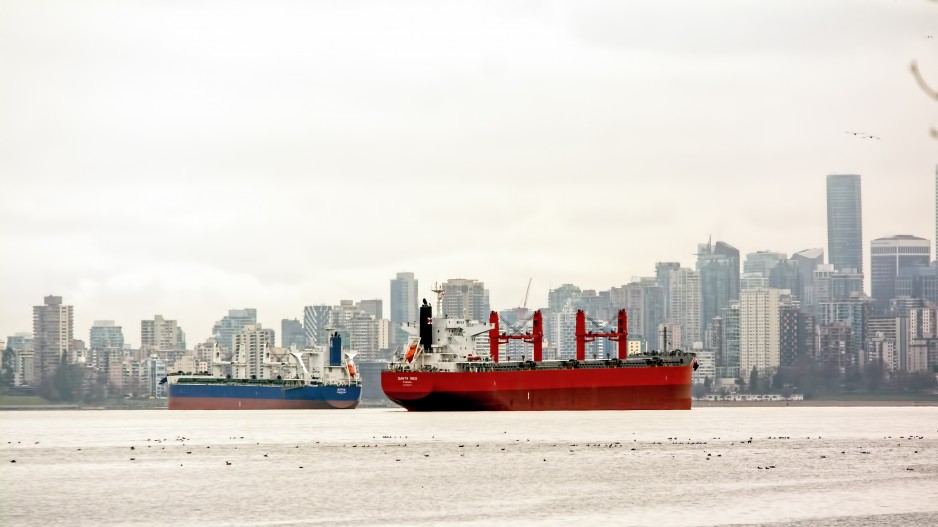
Before long, Canadian shippers and consumers may experience the consequences of assaults on cargo ships within the Red Sea. (Chung Chow, BIV)
The impact of attacks on cargo vessels in the Red Sea is poised to affect Canadian shippers and consumers. As freight rates surge and delivery schedules lengthen, the ramifications of these assaults are reverberating across global shipping routes.
Various shipping firms globally are diverting vessels from the critical trade corridor due to intensified attacks by Houthi militants in Yemen. These actions, protesting Israel's military campaign in the Gaza Strip, have resulted in suspensions and rerouting decisions by major players like Maersk, MSC, Hapag-Lloyd, and Evergreen. The Red Sea's Bab el-Mandeb Strait, targeted by numerous attempted missile and drone strikes against cargo ships, has become a focal point for these disruptions.
Rerouting cargo around Africa's Cape of Good Hope to bypass the Red Sea adds substantial time and expenses. The detour, extending the journey by about 10 days, translates to significant additional fuel and labor costs, impacting delivery times and potentially elevating prices for wholesale and retail goods.
Professor Yan Cimon from Université Laval highlighted that Europe and the Middle East will experience the direct consequences of these disruptions, yet Canada could also be affected due to its reliance on the Suez Canal for a substantial portion of global container traffic.
Rising shipping rates, recently surging by 61% and reaching $2,670 per 40-foot container, indicate the severity of the situation. This surge, along with increased fees and constrained shipping capacity, raises concerns about the trickle-down effect on consumers and the broader economy.
The disruption in the Red Sea compounds existing challenges faced by shipping routes due to factors like the Panama Canal's reduced capacity caused by a severe drought. Deteriorating shipping conditions in the Panama Canal have already driven increased shipping costs, and the Red Sea crisis is further exacerbating these financial pressures.
The series of attacks launched by Houthi militants since late October have prompted a heightened military presence in the region. The U.S., Canada, and other nations have increased surveillance and protection measures to safeguard merchant vessels. Despite warnings and military presence, continued attacks by Houthis persist, prompting threats of potential targeted military action from the White House and allies if assaults on vessels in the Red Sea persist.















